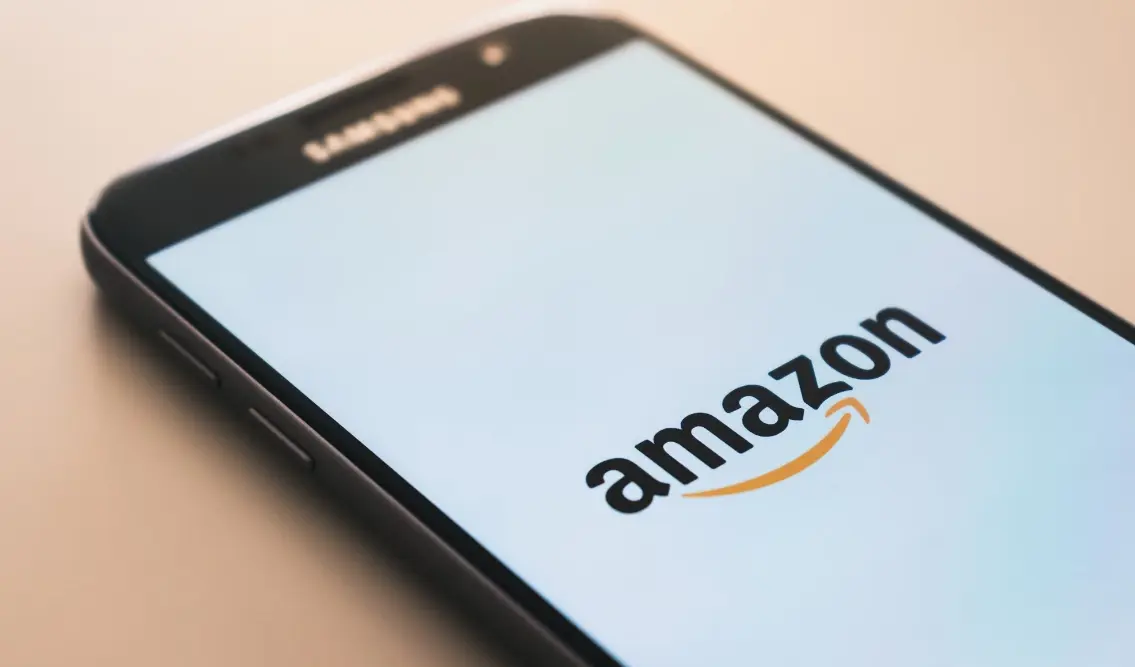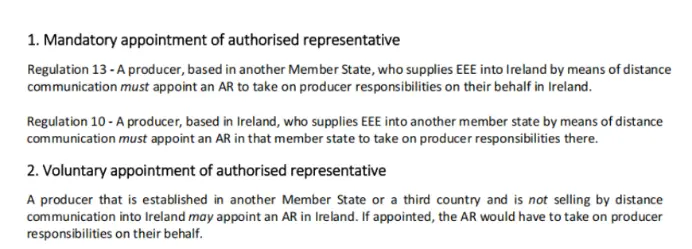
What Is UK WEEE Compliance?
Recently, the UK Environment Agency released new regULations.
According to the new rules, starting August 2025, overseas e-commerce platforms such as Amazon and eBay that sell household electronic products in the UK must submit sales data of overseas sellers’ electronic and electrical products to the UK Environment Agencyand bear the cost of electronic waste recycling.
These recycling fees are expected to be officially collected beginning January 2026.

In addition, the new rules adjust product classifications:
e-cigarette productswill be removed from the “toys” category and separately included under electronic waste management to ensure a fair distribution of recycling costs.
UK Minister for Circular Economy Development Mary Creaghemphasized that the new regulations will create a level playing field for UK retailers:
> “Previously, UK domestic companies had to shoulder recycling costs on their own, putting them at a disadvantage when competing with overseas e-commerce.
> Now, overseas platforms will also share the cost of disposing of waste electrical equipment, helping prevent harmful waste from being discarded at will.”
John Boumphrey, Amazon UK Country Manager, expressed support:
> “We welcome the government’s focus on the circular economy and will continue working with task forces to drive innovation, prioritizing resale, refurBIShment, donation, or recycling to REDuce waste and support the UK’s transition to a circular economy.”
It is worth noting that the UK EPR (Extended Producer Responsibility)system mainly covers:
- Packaging
- Electronics and electrical equipment
- Batteries
The new WEEE rules specifically fill regulatory gaps in the electronics sector.
Before this, the UK had already launched EPR Packaging Lawcompliance requirements in April 2024.
UK EPR Packaging Law: Implemented in April 2024
On April 1, 2024, the UK began enforcing the EPR Packaging Law, requiring platforms selling products in the UK to comply.
Key requirements:
- For Amazon UK sellers:
If selling packaged goods, Amazon will report on behalf of sellersand automatically join the platform’s payment service.
- For UK domestic businesses:
Companies must register for EPR and submit data/pay fees if they meet both:
- Annual turnover ≥ £1 million
- Supplied/imported packaging ≥ 25 tons
- For large producers:
Compliance is stricter, requiring data reporting every six months, direct payment of fees to a Producer Responsibility Organization (PRO), and obtaining recycling certificates to complete the compliance process.
Currently, the specific compliance details for UK EPR Electronics and Electrical Equipmentremain unclear
(for example, whether overseas sellers must register and report themselves or if platforms will handle payment and reporting).
However, based on the packaging law’s model, it is highly likely that overseas sellers will continue under a “platform reporting and payment”system.
Sellers should monitor official platform announcements to confirm final requirements.
It is also notable that the UK’s tightening of compliance is not unique.
Neighboring EUcountries are simultaneously upgrading EPR regulations—particularly the upcoming EU Battery Regulation.
EU Compliance Tightening: Battery Regulation Effective August 2025
The EU Battery Regulationofficially takes effect on August 18, 2025.
All sellers shipping batteries to the EU must:
- Upload their EPR registration numberto platform dashboards
- Submit periodic reports
- Pay ecological (recycling) fees on time
This regulation covers major EU countries/regions including:
- Germany
- Sweden
- Poland
- Netherlands
- Ireland, and more.
Non-compliant battery products will face mandatory sales suspension.
Policies regarding “withholding and remittance” (platforms paying fees on behalf of sellers) in countries such as Spainand Italyare still under confirmation.
Regardless of the method, sellers must closely track EPR policy updates and platform notifications to avoid operational losses caused by regulatory changes.
Email:hello@jjrlab.com
Write your message here and send it to us
 Is FCC Testing Required?
Is FCC Testing Required?
 Where to Find FCC Test Reports
Where to Find FCC Test Reports
 LFGB Compliance Testing for Plastic Food Contact M
LFGB Compliance Testing for Plastic Food Contact M
 How to get LFGB Compliance Report for Food Grade P
How to get LFGB Compliance Report for Food Grade P
 LFGB Certification Process for Kitchenware Product
LFGB Certification Process for Kitchenware Product
 LFGB Test Requirements for Food Contact Materials
LFGB Test Requirements for Food Contact Materials
 Irish Battery Act Requires an Authorised Represent
Irish Battery Act Requires an Authorised Represent
 Swedish Battery Act Requires an Authorised Represe
Swedish Battery Act Requires an Authorised Represe
Leave us a message
24-hour online customer service at any time to respond, so that you worry!




